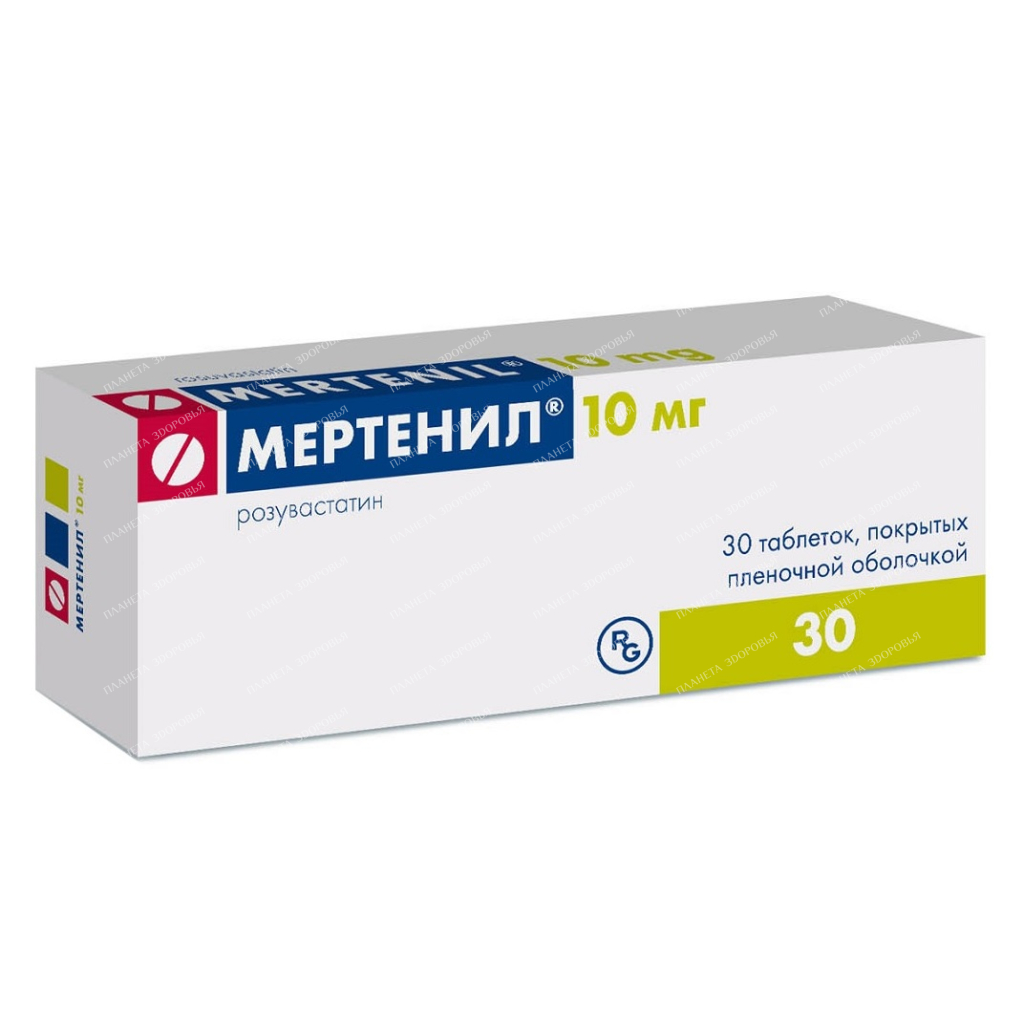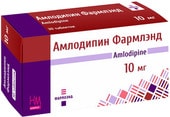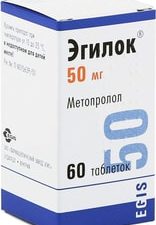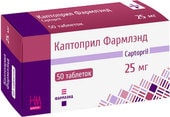Mertenil Tablets: A Comprehensive Guide to Lowering Cholesterol
Mertenil tablets are a prescription medication used to treat high cholesterol and reduce the risk of cardiovascular complications. This comprehensive guide provides detailed information on Mertenil, including its uses, dosage, side effects, and important precautions.
Key Features:
- Available in 3 strengths: 5mg, 10mg, and 20mg film-coated tablets.
- Effective in lowering LDL (bad) cholesterol: Mertenil works by inhibiting the enzyme HMG-CoA reductase, which is essential for cholesterol production in the liver.
- Increases HDL (good) cholesterol: This helps to remove LDL from the bloodstream and protect against heart disease.
- Reduces triglycerides: High triglycerides are another risk factor for heart disease.
Uses of Mertenil Tablets:
- Primary Hypercholesterolemia: Used to treat high cholesterol in adults, children, and adolescents (10 years and older) when diet and lifestyle changes are insufficient.
- Homozygous Familial Hypercholesterolemia: A rare condition where individuals have very high levels of LDL cholesterol. Mertenil can be used in conjunction with other therapies.
- Prevention of Cardiovascular Complications: For adults at high risk of heart disease, Mertenil can help reduce the risk of major cardiac events, such as heart attack and stroke.
Dosage and Administration:
- Individualized Dosage: Your doctor will determine the appropriate dose based on your cholesterol levels, risk factors, and response to therapy.
- Recommended Initial Dose: Typically 5mg or 10mg once daily.
- Dose Adjustments: Doses may be adjusted after 4 weeks, depending on your response.
- Maximum Dose: 40mg per day for patients with severe hypercholesterolemia and high cardiovascular risk.
- Administration: Take Mertenil tablets orally with water, at any time of day, with or without food.
Important Precautions:
- Muscle Problems (Myopathy): Mertenil, like other statins, can cause muscle pain, weakness, or tenderness. In rare cases, severe muscle breakdown (rhabdomyolysis) can occur.
- Liver Problems: Monitor your liver function with regular blood tests, especially if you have a history of liver disease.
- Kidney Problems: Dose adjustment may be required for patients with kidney problems.
- Pregnancy and Breastfeeding: Mertenil is contraindicated during pregnancy and breastfeeding.
- Interactions with Other Medications: Tell your doctor about all medications you are taking, including over-the-counter drugs, supplements, and herbal remedies.
Side Effects:
Common side effects of Mertenil include headache, constipation, nausea, and muscle aches. Less common but serious side effects may include liver damage, muscle breakdown, and allergic reactions.
Always consult with your doctor before taking Mertenil or any other prescription medication.
Please note: This information is intended for general knowledge and informational purposes only and does not constitute medical advice. Consult with a qualified healthcare professional for any health concerns or before making any decisions related to your health or treatment.
| INN | ROSUVASTATIN |
|---|---|
| The code | 64 281 |
| Barcode | 5 997 001 362 846 |
| Active substance | Rosuvastatin |
| Manufacturer | Gedeon Richter Pls., Hungary |
| Importer | IOOO Interfarmaks 223028 Minsk region, Minsk district, Zhdanovichsky s / s, ag. Zhdanovichi, st. Star, 19a-5, room. 5-2 |
 Free worldwide shipping on orders $99+
Free worldwide shipping on orders $99+  US: temporary delays — postal services aligning new import rules,
US: temporary delays — postal services aligning new import rules,  EU: 1–2 weeks,
EU: 1–2 weeks,  Worldwide: 1–4 weeks
Worldwide: 1–4 weeks 











